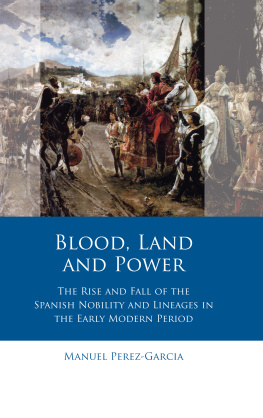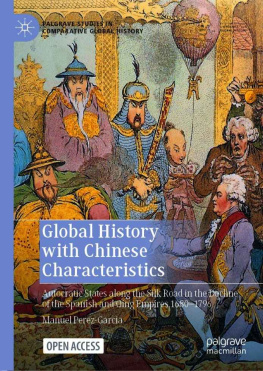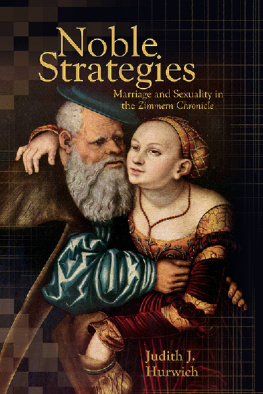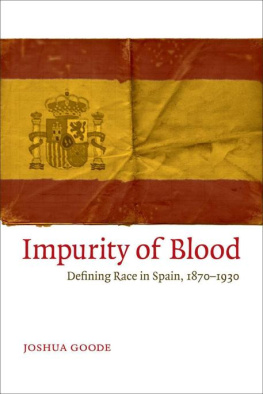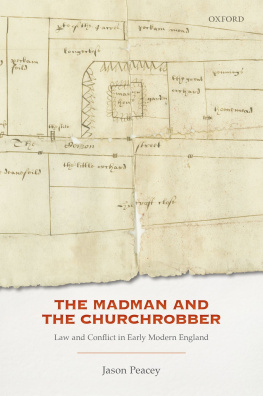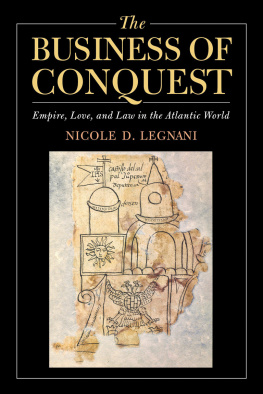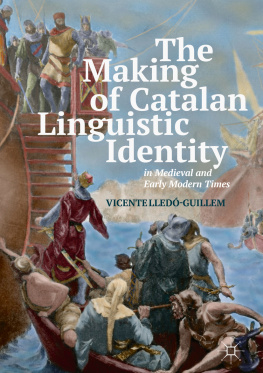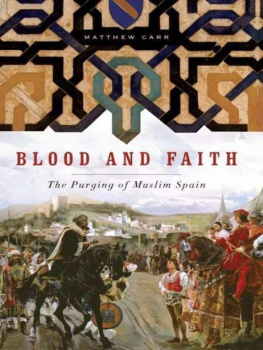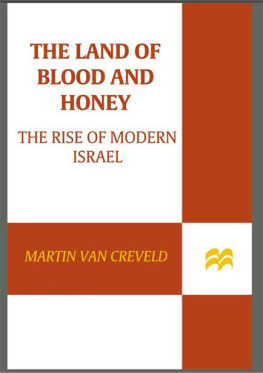Contents
Guide
IBERIAN AND LATIN AMERICAN STUDIES
Blood, Land and Power
Series Editors
Professor David George (Swansea University)
Professor Paul Garner (University of Leeds)
Editorial Board
Samuel Amago (University of Virginia)
Roger Bartra (Universidad Autnoma de Mxico)
Paul Castro (University of Glasgow)
Richard Cleminson (University of Leeds)
Catherine Davies (University of London)
Luisa-Elena Delgado (University of Illinois)
Maria Delgado (Central School of Speech and Drama, London)
Will Fowler (University of St Andrews)
David Gies (University of Virginia)
Gareth Walters (Swansea University)
Duncan Wheeler (University of Leeds)
Other titles in the series
Fantastic Short Stories by Women Authors from
Spain and Latin America: A Critical Anthology
Patricia Graca and Teresa Lpez-Pellisa
Carmen Martn Gaite: Poetics, Visual Elements and Space
Ester Bautista Botello
The Spanish Anarchists of Northern Australia:
Revolution in the Sugar Cane Fields
Robert Mason
Paulo Emilio Salles Gomes: On Brazil and Global Cinema
Maite Conde and Stephanie Dennison
The Darkening Nation: Race, Neoliberalism and Crisis in Argentina
Ignacio Aguil
Catalan Culture: Experimentation, creative imagination and the relationship with Spain
Lloyd Hughes Davies, J. B. Hall and D. Gareth Walters
Madness and Irrationality in Spanish and Latin American
Literature and Culture
Lloyd Hughes Davies
IBERIAN AND LATIN AMERICAN STUDIES
Blood, Land and Power
The Rise and Fall of the Spanish Nobility and Lineages in the Early Modern Period
MANUEL PEREZ-GARCIA

Manuel Perez-Garcia, 2021
All rights reserved. No part of this book may be reproduced in any material form (including photocopying or storing it in any medium by electronic means and whether or not transiently or incidentally to some other use of this publication) without the written permission of the copyright owner. Applications for the copyright owners written permission to reproduce any part of this publication should be addressed to the University of Wales Press, University Registry, King Edward VII Avenue, Cardiff CF10 3NS.
www.uwp.co.uk
British Library CIP
A catalogue record for this book is available from the British Library.
ISBN 978-1-78683-710-3
E-ISBN 978-1-78683-712-7
The right of Manuel Perez-Garcia to be identified as author of this work has been asserted in accordance with sections 77 and 79 of the Copyright, Designs and Patents Act 1988.
Blood, Land and Power is available as an open access publication
DOI 10.16922/bloodlandpower
This research has been sponsored and financially supported from the GECEM (Global Encounters between China and Europe: Trade Networks, Consumption and Cultural Exchanges in Macau and Marseille, 1680-1840) Project hosted by the University Pablo de Olavide, UPO (Seville, Spain), www.gecem.eu. The GECEM Project is funded by the ERC (European Research Council)-Starting Grant, under the European Unions Horizon 2020 Research and Innovation Programme, ref. 679371. The Principal Investigator is Professor Manuel Perez-Garcia (Distinguished Researcher at UPO).

Cover image: Francisco Pradilla Ortiz, The Capitulation of Granada (1882), oil on canvas, coll. Senado de Espaa, Madrid; by permission, Heritage Image Partnership Ltd / Alamy Stock Photo.
Typeset by Geethik Technologies
The publisher has no responsibility for the persistence or accuracy of URLs for any external or third-party internet websites referred to in this book, and does not guarantee that any content on such websites is, or will remain, accurate or appropriate.
To my father Manuel Prez Garca who has set an outstanding example of perseverance, dedication, love, and passion to his work in the medical profession. His altruistic and generous service to the care of the community deserves full recognition, being an example to follow for the education and direction of the family. Without your support and your example of commitment and enthusiasm to your work, I would never have been able to write this book.
The family is the stronghold to keep the values, ethics and unity of our society.
Contents


Over recent decades the traditional languages and literatures model in Spanish departments in universities in the United Kingdom has been superseded by a contextual, interdisciplinary and area studies approach to the study of the culture, history, society and politics of the Hispanic and Lusophone worlds categories that extend far beyond the confines of the Iberian Peninsula, not only in Latin America but also to Spanish-speaking and Lusophone Africa.
In response to these dynamic trends in research priorities and curriculum development, this series is designed to present both disciplinary and interdisciplinary research within the general field of Iberian and Latin American Studies, particularly studies that explore all aspects of Cultural Production (inter alia literature, film, music, dance, sport) in Spanish, Portuguese, Basque, Catalan, Galician and indigenous languages of Latin America. The series also aims to publish research in the History and Politics of the Hispanic and Lusophone worlds, at the level of both the region and the nation-state, as well as on Cultural Studies that explore the shifting terrains of gender, sexual, racial and postcolonial identities in those same regions.

This book is the result of the academic actions and activities of the GECEM (Global Encounters between China and Europe: Trade Networks, Consumption and Cultural Exchanges in Macau and Marseille, 16801840, www.gecem.eu) Project. The workshops and academic forums in which I have participated since GECEM started in June 2016, in Tokyo, Beijing, Boston, Shanghai, Oxford, Paris, Vancouver, Seville, Mexico City, Guadalajara, San Jos (Costa Rica) and Murcia have served to obtain feedback from outstanding scholars and improve upon the ideas and early drafts of this book.
I wish to acknowledge the financial support of the European Research Council (ERC)-Starting Grant, under the European Unions Horizon 2020 Research and Innovation Programme, at the Pablo de Olavide University (UPO) in Seville (Spain), which acts as European host for GECEM. The academic collaboration with my colleague and friend Professor Lucio de Sousa (Tokyo University of Foreign Studies) has helped and encouraged me to undertake my career as a historian in China and in the 2011 founding of the

